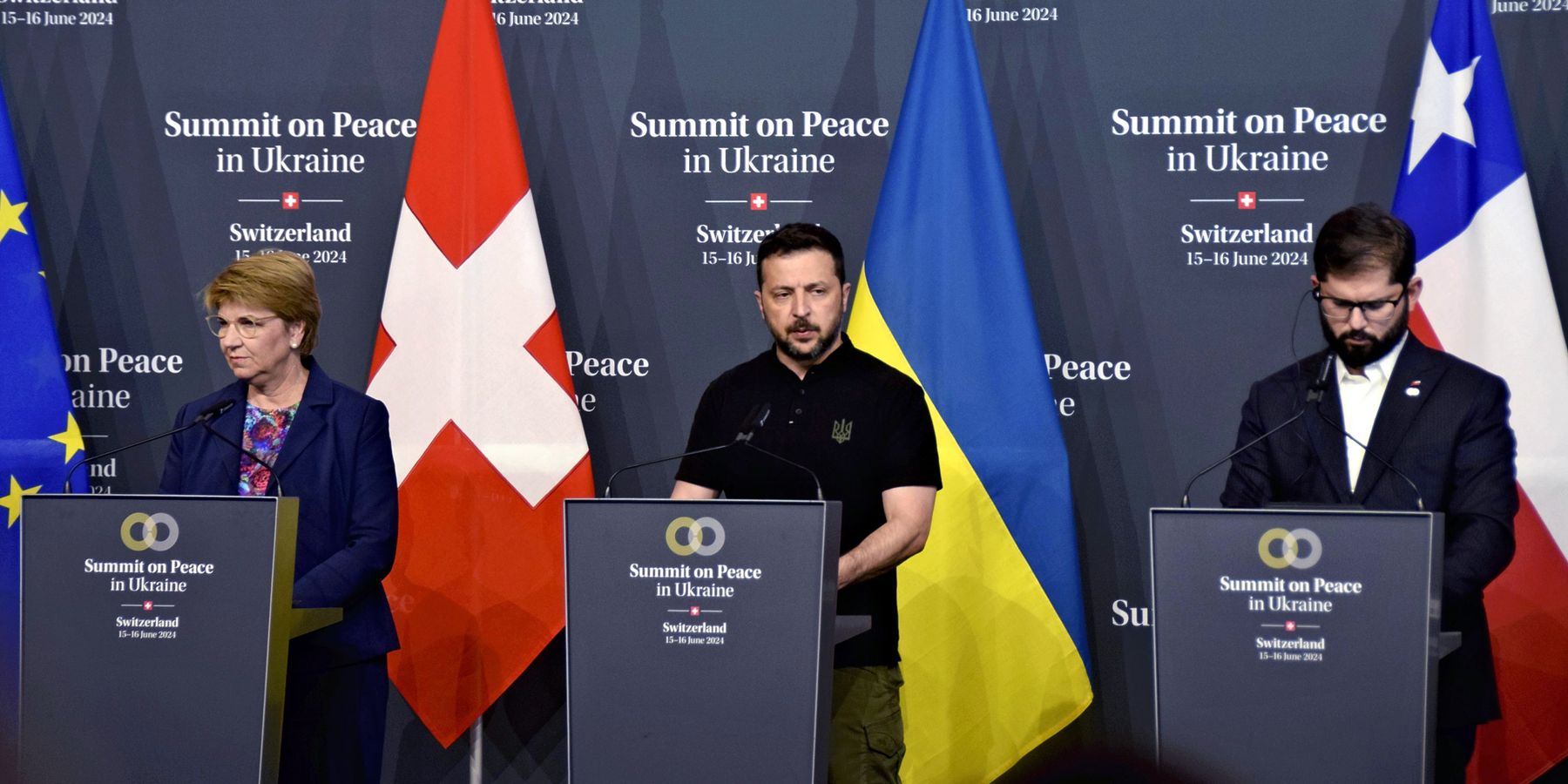Key Global South middle powers India, Indonesia, Mexico, Saudi Arabia, South Africa, Thailand, and the United Arab Emirates declined to sign the joint communique at a summit in Switzerland on resolving the Ukraine war. (Another key middle power Brazil had decided to attend only as an observer.)
These Global South middle powers did not endorse the communique despite the text’s recitation of the importance of “sovereignty, independence, and territorial integrity” and food security, both of which are key points of concern and consensus across developing countries in Latin America, Africa, and Asia.
Some of these states have previously voted for U.S.-backed resolutions in the U.N. General Assembly that criticized the violations of territorial integrity by Russia and also cited food security.
These middle powers are skeptical that a summit that excluded Russia, the biggest combatant in the conflict, could achieve a peace deal to end the war. The Indian representative at the summit explained his country’s stance by stating that “only those options acceptable to both parties can lead to abiding peace.” Many of these powers, including India, Brazil, and Saudi Arabia, also have strong economic and/or security relations with Russia, which they will not easily put at risk.
U.S. and Western actions in the Middle East and elsewhere have done serious harm to the task of holding Moscow to account in what was clearly an illegal invasion of Ukraine. Many in the Global South are keenly aware of the double standards at work, and do not wish to be used instrumentally to settle Western scores with Russia.
The gap between the United States and key Global South states will likely persist unless Washington and its allies make a major course correction on two fronts. The first is to address serious deficits and violations in their vaunted “rules-based order” that will make American messaging more credible. The contrasts between the U.S. approach to transgressions of international law in Ukraine and Gaza are too glaring to wish away.
The second is to better take into account the Global South’s interests. While Washington has moved to an extent in this direction through its infrastructure and other initiatives, there is still much ground to cover to get to a more productive, non-zero sum policy toward the Global South.
- Global South reacts to Western call for unity against Russia ›
- Who's afraid of the big bad Global South? ›
- The Global South is reshaping the world order. The US should take notice. ›
- Diplomacy Watch: What’s the point of Swiss peace summit? ›
- What the Swiss 'peace summit' can realistically achieve ›
















